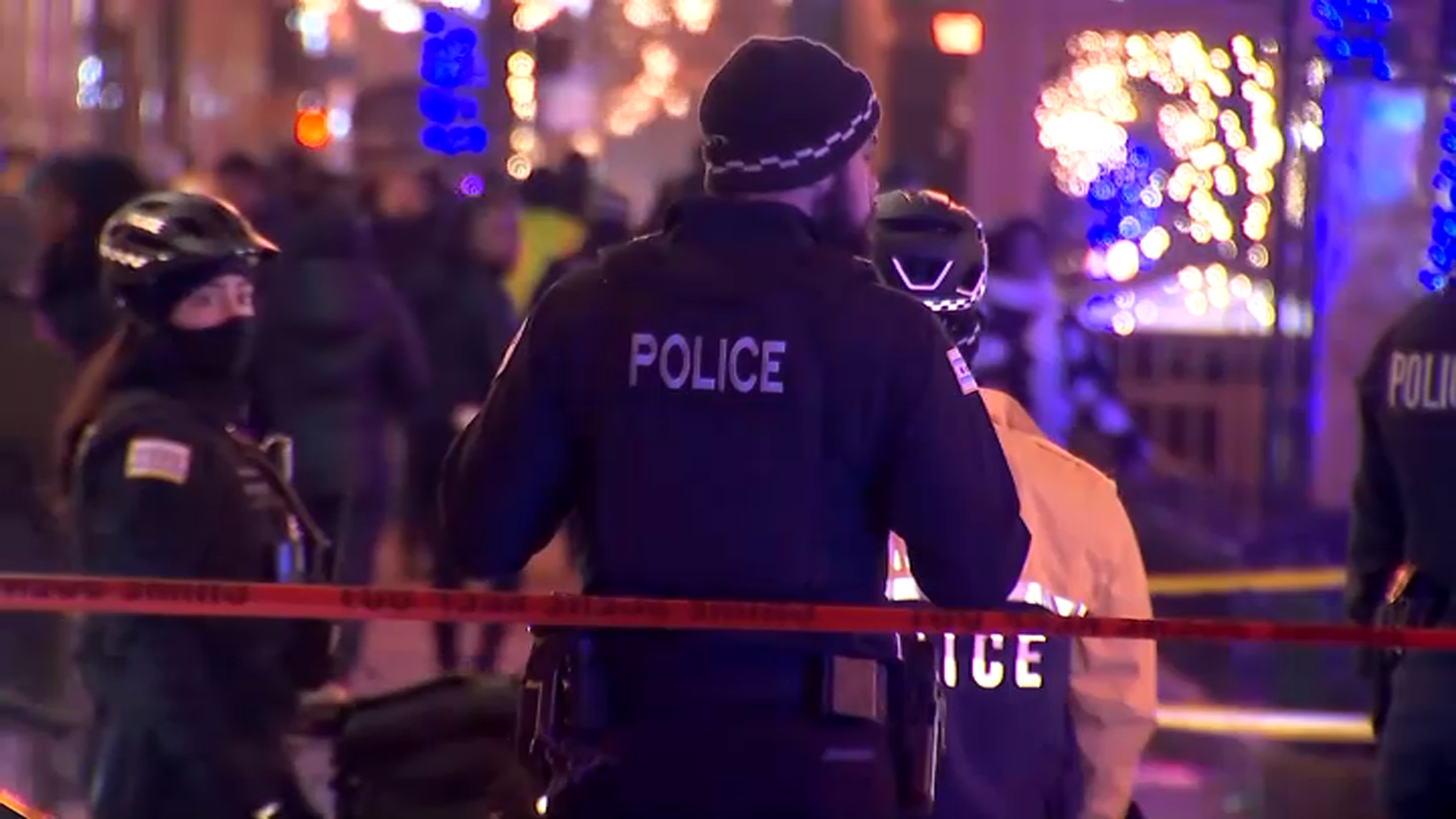Chicago Police Supt. David Brown will resign his post later this month after the election defeat of Mayor Lori Lightfoot, her office announced Wednesday.
Brown, who had served as superintendent since 2020, will officially resign his post on March 16, with First Deputy Eric Carter appointed as interim superintendent until the city’s new mayor is sworn in.
“I accepted his resignation and wanted to commend him for his accomplishments, not just for the department for the entire city,” Lightfoot said in a statement.
Brown issued a statement revealing that he had accepted a new job as COO of a personal injury firm in his native Texas.
"It has been an honor and a privilege to work alongside the brave men and women of the Chicago Police Department," he said. "I will continue to pray that all officers return home to their families safe at the end of their shift. May the Good Lord bless the city of Chicago and the men and women who serve and protect this great city."
Lightfoot has directed the Community Commission for Public Safety and Accountability to initiate a search for a new superintendent so that the new mayor of the city can choose a full-time successor for Brown in coming weeks.
Both candidates who beat Lightfoot in Tuesday’s election, former Chicago Public Schools CEO Paul Vallas and Cook County Commissioner Brandon Johnson, had indicated that they would fire Brown when sworn in later this year.
Local
Brown took over the department in 2020 after the dismissal of Eddie Johnson following “a series of ethical lapses” that culminated in officers finding Johnson asleep in a city-owned vehicle. Johnson later told Lightfoot he had consumed alcohol and requested an inquiry, with the mayor later firing Johnson after he misrepresented elements of the story.
Brown was nominated to the post in April 2020 and was approved unanimously by the Chicago City Council later that month.
Feeling out of the loop? We'll catch you up on the Chicago news you need to know. Sign up for the weekly Chicago Catch-Up newsletter.
Lightfoot praised Brown for the department’s efforts in reducing violent crime, as well as his emphasis on seizing illegal weapons and breaking up gang activity in the city.
Brown’s department has faced criticism for its difficulties in hiring new officers and retaining officers on the force, and has also been criticized for its low clearance rates on homicides and other crimes.
Brown started the job near the start of the coronavirus pandemic. One of his biggest challenges, he said at the time, was enforcing the governor's stay-at-home order.
Soon after Brown took the role, protests overtook Michigan Avenue in the wake of the death of George Floyd, then broke into the mass looting and destruction of stores along the main shopping district of the city, with curfews and other enforcement actions also drawing scrutiny.
Chicago ended 2021 with nearly 820 homicides, marking the city's deadliest year in more than a quarter century. In response, Brown promised more police engagement within communities, admitting in a news conference, "we all know this has been a challenging year here in the city of Chicago."
“Too many families are reeling from the loss of loves ones due to senseless gun violence," he said. “Too many residents are dealing with the ripple effects of this trauma due to crime in our community."
Still Lightfoot stood behind her top cop, touting the number of guns he'd taken off the city's streets, trumping the number of those recovered, she said, in other big cities like New York City.
Brown touted a number of tactics to try and reduce crime in Chicago, including more police resources and even a "strike taskforce" deployed by the federal government.
He announced changes to CPD's foot pursuit policy after the controversial fatal police shooting of 13-year-old Adam Toledo in 2021 in Little Village. The video of the shooting, which Lightfoot called excruciating to watch, sparked protests.



